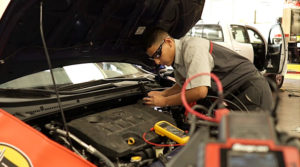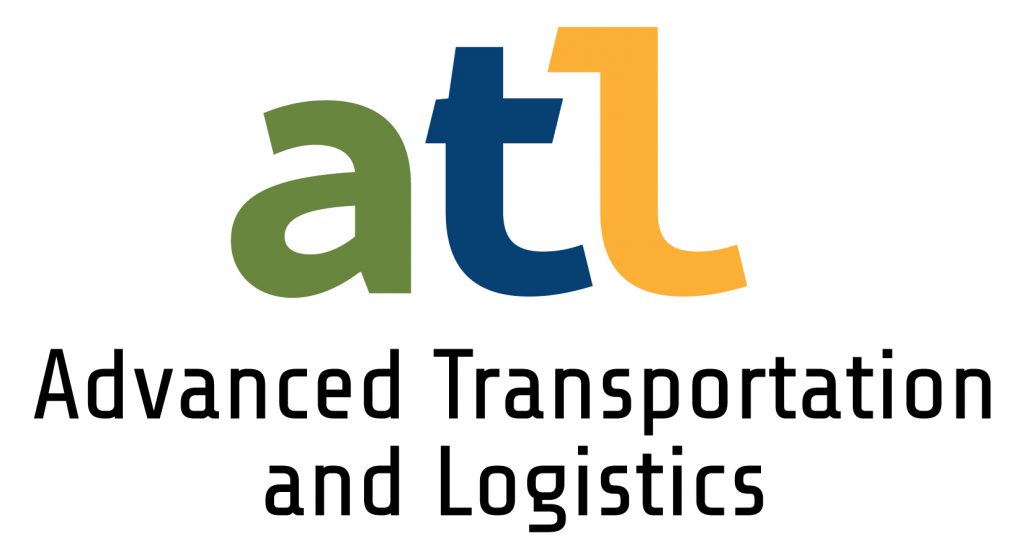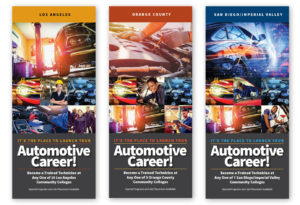 By Stephanie Feger, Coast Community College District
By Stephanie Feger, Coast Community College District
To rebuild jobs and the economy amid the coronavirus crisis, the McKinsey consulting firm advises government, business, and educational institutions to ask: “How do we use the downturn to retrain and future-proof our workforce?”
The Strong Workforce Program Pathways Network recently brought together 60 educators and administrators from K12, community college and university programs to discuss how pathways and partnerships can address the challenges arising from the COVID-19 crisis.
Presenters, including education and industry experts focused on how pathways and partnerships can benefit students, institutions, and industry. A tri-level partnership team from Arizona’s West Maricopa Education Center, Maricopa Community Colleges, and Northern Arizona University, along with the CSU Fullerton Online Continuing Education Program introduced innovative 90/30 pathway models and online degree completion programs as examples to grow a regional pipeline of workers in the automotive industry and transportation sector.
 Wallace Walrod from the Orange County Business Council, and Kim McPhaul from the Orange County Automobile Dealers Association (OCADA) provided industry insights on developing pathway partnerships. The big takeaway – these partnerships are needed now more than ever as we rebuild the economic vitality of Orange County.
Wallace Walrod from the Orange County Business Council, and Kim McPhaul from the Orange County Automobile Dealers Association (OCADA) provided industry insights on developing pathway partnerships. The big takeaway – these partnerships are needed now more than ever as we rebuild the economic vitality of Orange County.
Affordable pathways to degrees are a top priority for students and families, and affordability begins with dual enrollment in high school courses that accelerate community college success. In Arizona, the 90/30 model even includes a path from an associate’s degree in Automotive Technology to a bachelor’s degree in Industrial Leadership.
Kim McPhaul, who works closely with the one-hundred twenty franchised new car and truck dealers that collectively employ over 12,000 people in Orange County, thinks the 90/30 model could open up opportunities for students to take a closer look at the community colleges. OCADA is working to change the perception that the automotive industry is not a field where you can make a lot of money.
“Many automotive technicians in dealerships are making six figure salaries, and allowing students and parents to see a concrete high school and community college pathway to a great career, will help increase the number of students that are interested in entering our field.”
Wallace Walrod added that flexibility is and has always been an important key to connecting business and education.
“Because of Covid, we’re going to need tools that allow students and those in the workforce that have experienced disruption to be much more flexible in terms of accessing education and training.”
He noted that while human resources provide a first step in attracting talent, there is a lot of opportunity to move up a pathway or ladder when provided with a flexible education model that leads to an increase in earnings and job prospects.
This was echoed by Lynn Stewart from CSU Fullerton who mentioned,
“I’m hearing from large Orange County employers in particular that are interested not only in four-year programs but in a stronger connection with community colleges to expand pathways and get more involved in the education and further development of their employees.”
Making the connections between students, tools and business and education partners are all part of the puzzle. The Regional Director for Employer Engagement for Advanced Transportation, Jaime Gonzalez, is working closely with industry partners to promote college programs. And one exciting innovative tool being rolled out in Orange County is TalentED (https://www.talentedcareerpathways.org), an online resource linking business and education that provides a roadmap for students on their journey from education to the workforce.
“People may have an idea in their head that they know what that person does and what their workplace looks like, but oftentimes they don’t,” says Speranta Klees, a program manager from West Maricopa Education Center. “We have a program called Discover that’s very robust. Counselors are working with industry partners to find out more about what they call ‘high opportunity’ programs.”
The result has raised enrollments and strengthened business education partnerships, providing a promising model for the Advanced Transportation sector in Orange County.


